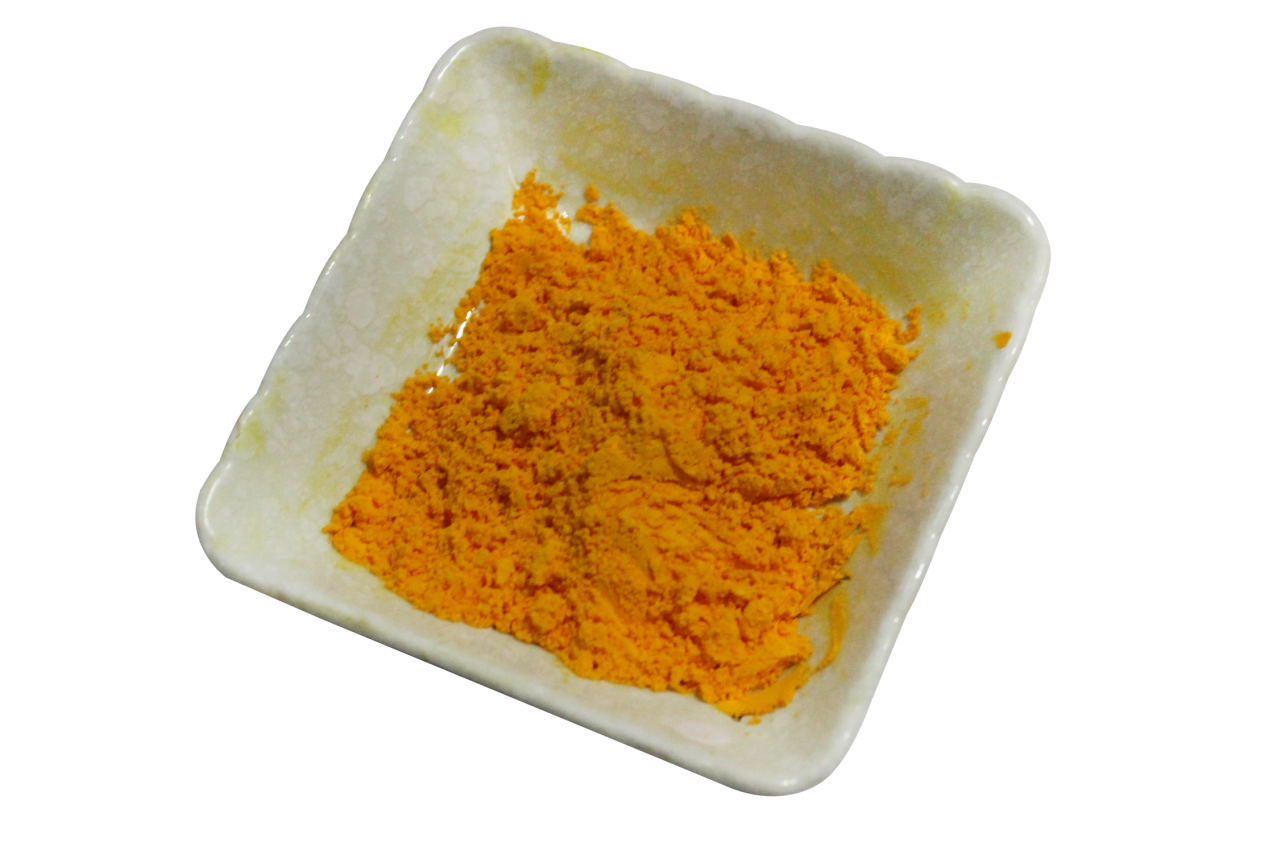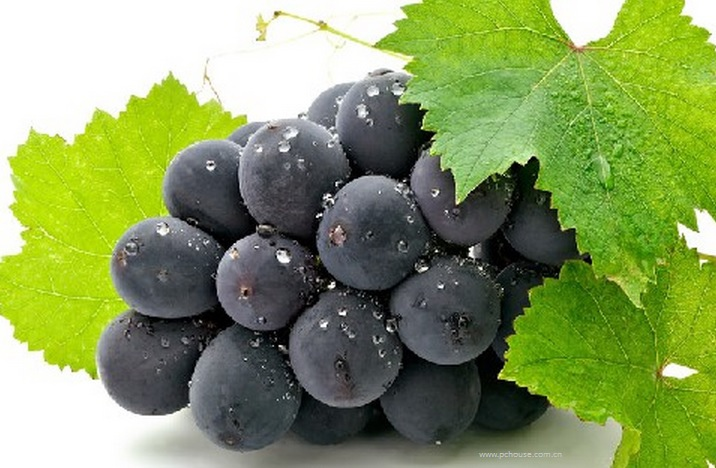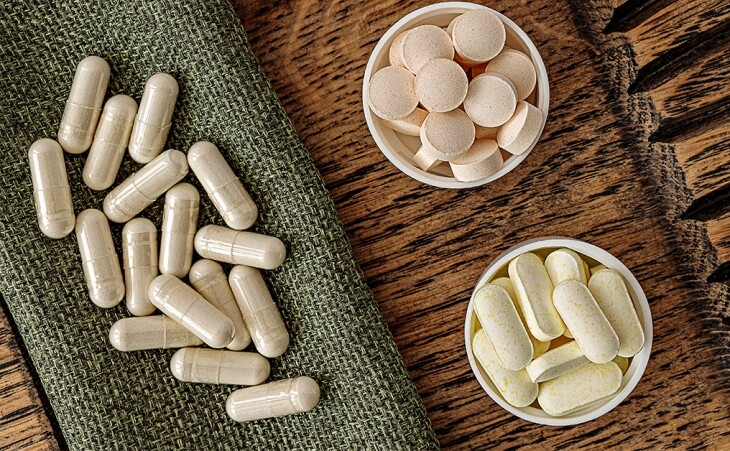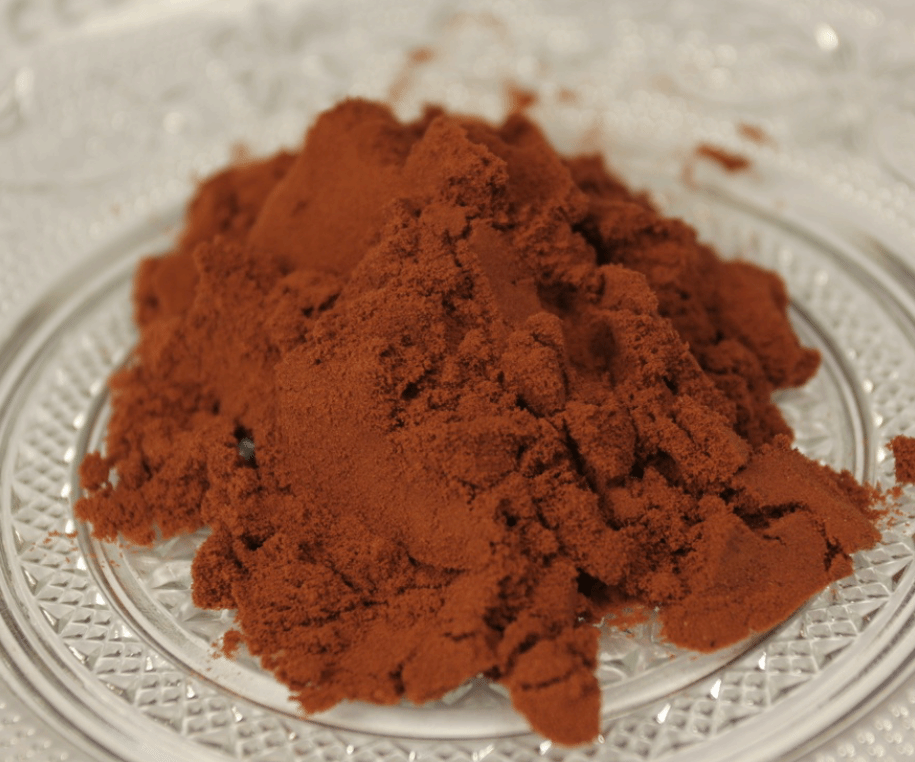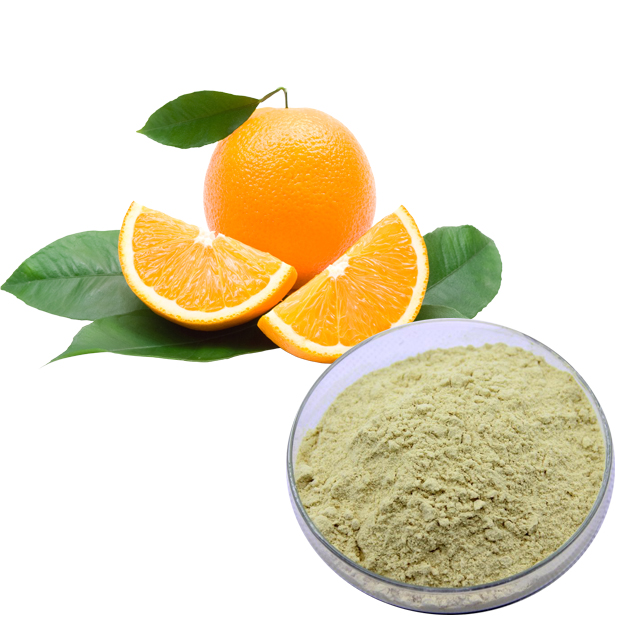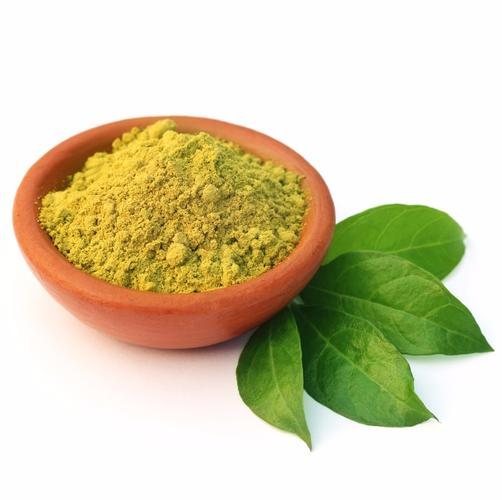Why Piperine Should Be Your Secret Weapon for Optimal Nutrient Utilization?
Piperine, also known as black pepper extract, is a bioactive alkaloid compound found in black pepper (Piper nigrum). It possesses several notable properties and benefits, making it a valuable addition to various health and wellness products.Piperine is the primary alkaloid responsible for the pungent taste and aroma of black pepper.It is naturally occurring and extracted from the fruits of the black pepper plant.


Understanding Bioavailability:
Piperine, the primary alkaloid found in black pepper (Piper nigrum), is known to significantly enhance the bioavailability of various nutrients and supplements. This is because Piperine has the ability to inhibit certain enzymes and transporters that are involved in the metabolism and excretion of nutrients.
For instance, Piperine inhibits P-glycoprotein, a membrane transporter that pumps foreign compounds, including many nutrients and drugs, out of cells. By inhibiting P-glycoprotein, Piperine helps to increase the intracellular concentration of these compounds, enhancing their bioavailability.
Similarly, Piperine inhibits the activity of hepatic and intestinal enzymes, such as CYP3A4, which are responsible for metabolizing numerous drugs and nutrients. By slowing down their metabolism, Piperine allows for a longer duration of their active forms in the body, further enhancing their bioavailability and effectiveness.
One of the most well-known examples of Piperine's ability to enhance nutrient bioavailability is its effect on curcumin, the primary active ingredient in turmeric. Curcumin has potent anti-inflammatory and antioxidant properties, but its bioavailability is relatively low due to its poor solubility and rapid metabolism. However, studies have shown that when curcumin is co-administered with Piperine, its bioavailability can increase by up to 2000%, significantly enhancing its therapeutic potential.
Boosting Nutrient Absorption:
Piperine, the active alkaloid found in black pepper (Piper nigrum), has been extensively studied for its ability to enhance the absorption and bioavailability of various essential nutrients, including curcumin, selenium, and vitamin B6.
1.Curcumin
Curcumin, the main bioactive component of turmeric, is renowned for its powerful anti-inflammatory and antioxidant properties. However, its low solubility and rapid metabolism limit its bioavailability. Studies have shown that Piperine can significantly enhance the absorption and bioavailability of curcumin.
For example, a randomized, placebo-controlled, double-blind trial published in the Journal of Ethnopharmacology in 2007 investigated the effects of Piperine on curcumin absorption. The study found that co-administration of 20 mg of Piperine with 2 g of curcumin increased the serum levels of curcuminoids (including curcumin) by approximately 2000% compared to curcumin alone. This dramatic increase in bioavailability was attributed to Piperine's ability to inhibit the metabolism of curcumin by hepatic and intestinal enzymes, as well as P-glycoprotein-mediated efflux, leading to higher serum concentrations and prolonged retention of curcumin in the body.
2.Selenium
Selenium is an essential trace element that plays a critical role in antioxidant defense, thyroid function, and immune response. However, its bioavailability can be affected by various factors, including its chemical form and the presence of other nutrients.
A study published in the Journal of Nutrition in 2003 examined the effects of Piperine on selenium absorption from a selenomethionine-enriched yeast supplement. The results showed that Piperine significantly increased the serum selenium concentrations in rats compared to those receiving the supplement without Piperine. This suggests that Piperine may improve selenium absorption and utilization, potentially enhancing its biological effects.
3.Vitamin B6
Vitamin B6, also known as pyridoxine, is essential for numerous biochemical reactions in the body, including protein metabolism, neurotransmitter synthesis, and immune function. Although vitamin B6 is generally well-absorbed, certain factors can affect its bioavailability.
Although direct research on Piperine's effect on vitamin B6 absorption is limited, it is reasonable to assume that Piperine's ability to enhance nutrient absorption may extend to vitamin B6 as well. This is because Piperine's mechanism of action, which involves inhibiting metabolic enzymes and efflux transporters, could potentially improve the absorption and retention of vitamin B6 in the body. However, more specific research on this topic is needed to confirm this hypothesis.
In conclusion, Piperine has been shown to significantly enhance the absorption and bioavailability of curcumin, selenium, and potentially other essential nutrients. By inhibiting enzymes and transporters that reduce nutrient bioavailability, Piperine helps to increase the amount of these nutrients that reach the systemic circulation and are available for their intended biological effects.
Piperine in Traditional and Modern Medicine:
Historical Use in Traditional Medicine:
In Ayurvedic medicine, the ancient Indian healing system, Piperine has been revered for its ability to enhance the effectiveness of other herbs, a property known as "bioenhancement." This is due to its capacity to increase the absorption and bioavailability of co-administered herbs and nutrients, allowing for lower doses to achieve therapeutic effects. Piperine has also been used to stimulate digestion, relieve flatulence, and treat a wide range of ailments, including respiratory disorders, joint pain, and skin conditions.
In traditional Chinese medicine (TCM), while Piperine itself is not a prominent standalone herb, black pepper as a whole has been used to warm the interior, promote circulation, and relieve pain, particularly in the context of cold and damp conditions. Its pungent and warm nature makes it suitable for addressing stagnation and cold-related symptoms.
Other traditional medical systems, such as those of Southeast Asia and Africa, have also incorporated Piperine-rich black pepper into their remedies for similar purposes, emphasizing its role in enhancing digestion, alleviating discomfort, and promoting overall health.
Growing Popularity in Modern Herbal Medicine and Nutraceuticals:
In recent years, Piperine's historical reputation has been reinforced by modern scientific research, which has uncovered its mechanisms of action and confirmed its efficacy in enhancing nutrient absorption. This has led to a surge in its popularity as a key ingredient in herbal medicine and nutraceutical formulations.
In herbal medicine, Piperine is often combined with other herbs to enhance their bioavailability and therapeutic effects. For instance, it is frequently paired with turmeric (the source of curcumin) to increase curcumin's poor solubility and rapid metabolism, thereby boosting its anti-inflammatory and antioxidant potential.
Nutraceuticals, which are food products or supplements that provide health benefits beyond basic nutrition, have also embraced Piperine. Manufacturers often incorporate Piperine into their formulations to improve the absorption of essential nutrients like selenium, vitamins, and minerals, ensuring that consumers reap the full benefits of these ingredients.
Moreover, Piperine's safety profile has been well-established through years of traditional use and clinical trials. It is generally recognized as safe (GRAS) by the Food and Drug Administration (FDA) in the United States, making it an attractive option for inclusion in dietary supplements and functional foods.
In conclusion, Piperine's historical use in traditional medicine, combined with modern scientific validation of its benefits, has fueled its growing popularity in modern herbal medicine and nutraceuticals. Its unique ability to enhance nutrient absorption has made it a valuable addition to numerous health-promoting formulations, helping to optimize the effectiveness of herbal remedies and nutritional supplements.
Contact:James Yang
Tel/WhatsApp: +8619992603115
WeChat:19992603115
Email: sales@xabcbiotech.com



